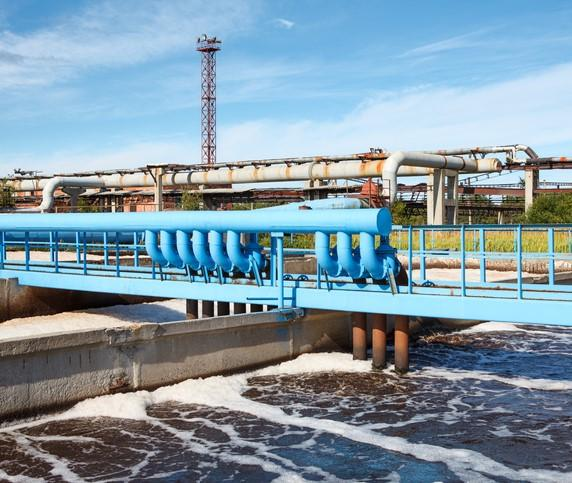A National Academies of Sciences, Engineering and Medicine report recommends five actions to transition the National Wastewater Surveillance System (NWSS)—developed as a response to the COVID-19 pandemic—to a forward-looking version for both endemic and emerging pathogens.
The paper, released yesterday, is the second and final report by the Academies' Committee on Community Wastewater-Based Infectious Disease Surveillance done at the behest of the Centers for Disease Control and Prevention (CDC).
The CDC launched the NWSS with the US Department of Health and Human Services to centralize the detection and quantification of pathogen biomarkers that people shed into the sewer system.
"Whereas clinical laboratory testing tracks individual cases of infection, sampling and analysis at the wastewater treatment plant level (termed community-level wastewater surveillance) provide aggregate data from the homes, businesses, and other institutions that share a common sewer system," the committee wrote.
Preventing epidemics likely cheaper than treatment
The Academies recommended five steps to more robust NWSS that could better support public health, including better readiness for future pandemics:
- Optimize state and local sampling sites while improving the representativeness of wastewater data through the use of statistical tools and methods. Such work can boost equity in unrepresented areas and increase the value of investments in the system.
- Substantially improve the quality and comparability of wastewater data across localities by determining optimal sampling, lab analytic methods, or performance criteria and requiring them as a condition of participation in the NWSS.
- Increase data analysis, visualization, and interpretation by working with external partners to build models that integrate wastewater and other forms of surveillance data and strengthen its role in forecasting and estimating disease prevalence.
- Strategically add more endemic pathogens, namely respiratory syncytial virus (RSV) and influenza, to SARS-CoV-2 routine surveillance.
- Increase capacity for early the detection of emerging pathogens, including those with pandemic potential, to facilitate early intervention.
Like most aspects of public health, prevention of epidemics and the next pandemic is very likely to be cheaper than treatment.
"Although cost-benefit studies of wastewater surveillance have not been conducted, and such analysis is outside the scope of this committee's charge, decisions about investing in building wastewater surveillance capacity should take into account the vast economic and social cost of responding to infectious disease spread that is not detected and arrested early," the authors wrote. "Like most aspects of public health, prevention of epidemics and the next pandemic is very likely to be cheaper than treatment."
Guy Palmer, DVM, PhD, chair of the committee that wrote the report and regents professor of pathology and infectious diseases at Washington State University, said in an Academies news release, "By addressing shortcomings of the current wastewater surveillance system, many of which originated in its rapid development under a pandemic emergency, the public value of wastewater data can be elevated and provide the foundation for more nimble public health responses to ongoing and future threats."
The report also offers recommendations specific to emerging pathogens and to endemic-pathogen wastewater sampling methods, analytical methods and quality criteria, data analysis and integration, and the expansion of high-priority pathogen targets.


















